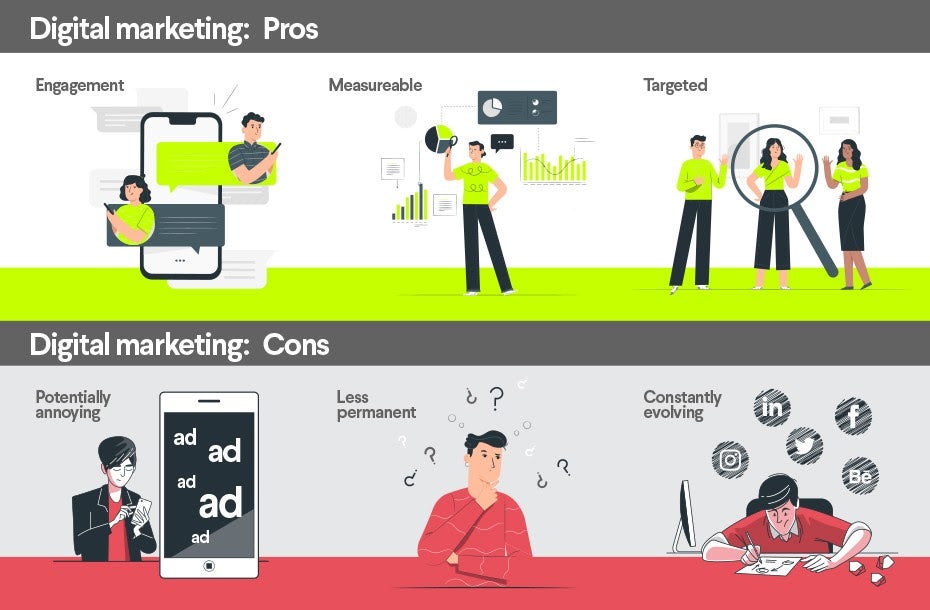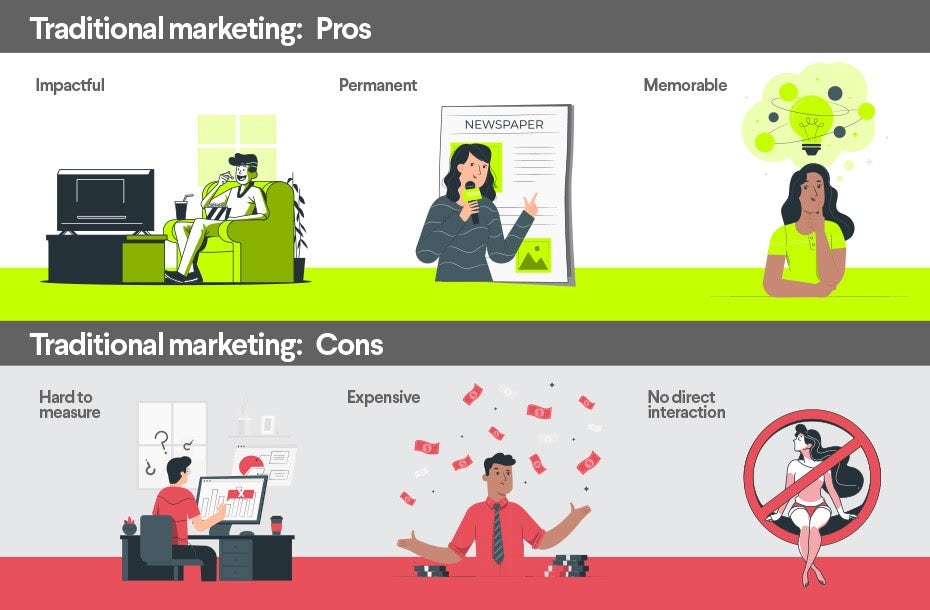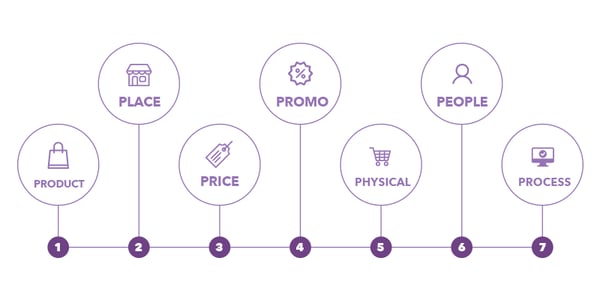
Things I have learned during the week-2 Digital Deepak Internship?
 5 min
5 min
Things I have learned during the week-2 Digital Deepak Internship?
Hello everyone! After successful completion of the first assignment. I am glad to announce that my assignment was approved and now I am inspired to do the second assignment. So with no further delay let’s get started.
The boost around content was intensified steadily for years. The main purpose behind content marketing is to create content that helps to achieve a few important goals like building an audience, establishing authority, and driving sales. As content writing is a part of content marketing, the second assignment is about content writing.
Yes, it is an important aspect for an individual who wants to become a digital content writer. Here, the ability to write is measured, and I'm going to write an article on things I have learned in the second week that helped me become productive. But first I'm going to start with the importance of learning.

The essence of learning is that it encourages an individual to gain the required skills through learning. That knowledge helps a person to achieve his/her goals, build confidence, and become productive. Learning is an experience which compensates and puts an individual with an active state of mind. The active mind builds curiosity and keeps the individual involved and prevent boredom. This eventually leads to the personal development of that individual.
In this article, I am going to talk about 3 things I learned that are most useful for digital marketing.
- The Fundamentals of Marketing
- Digital Marketing vs. Traditional Marketing
- Communication Skills
This article will be useful for bloggers, professionals, freelancers, mentors and entrepreneurs.
1. The Fundamentals of Marketing:
Marketing is a deep subject. It involves all the actions that bring buyers and sellers together. It involves the strategies and tactics which all the brands use to promote/advertise their products and services to consumers. It is all about driving profitable customer action. Starting by researching the target audience, and knowing how, when, where to position and place the product by crafting the marketing strategies. An individual will know to use these techniques he/she understands the marketing mix and 7 Ps of marketing.
Marketing spins majorly around four elements: Product, Price, Promotion, and Place. Strategies, tactics and channels may differ, but these are the concepts everything else revolves around, and these principles never change.
Marketing is successful only when an individual or a brand knows/understands the need of the consumers and by sending the right message to the right person at the right time.
2. Digital Marketing Vs Traditional Marketing:
The difference between digital and traditional marketing is the way of communicating with the audience who encounters the marketing message. While Traditional marketing uses traditional media like magazines and newspapers, and Digital marketing promotes the products or services through multiple modes of electronic media.

As we live in the digital age majority of the population across the world is digitally connected al the time. Digital Marketing uses digital media such as Social media, website, Content marketing, Affiliative marketing, Inbound Marketing, Email marketing, PPC(Pay Per Click), and SEM(Search Engine Marketing)

Traditional Marketing is still in the game and plays a key role even in the age of the Internet. It gives an immersive and impactful experience to the audience, it has the power to subconsciously attach the audience to their brand emotionally. It uses marketing channels like Outdoor (Billboards, bus/taxi wraps, posters etc), Broadcasting (TV, Radio etc), Prints (Magazines, Newspapers etc), Direct Mails (Catalogues etc), Telemarketing (Phone, Text messages), Window display and Signs.

3. Communication Skills:
Marketing is a process or an action of creating, communicating, addressing, products and services to the customers or clients. Communication is vital to marketing because it brings everyone on the same page. It includes several actions that are implemented by companies or brands to market their goods and services to the customers. Communication is defined as a means of transferring information from one person to the other through an effective medium of exchange.
Communication in marketing helps to build and maintain relationships, enhances transparency, establishing professionalism, boosts the morale of the marketer. The major modes of communication in marketing are advertising, public relations, direct marketing, sales promotion, personal selling.

Businesses, ranging from large scale to small scale, depends on marketing communication to sell their goods and services. Marketing communication helps move products, services, and ideas from manufacturers to end-users and builds and maintains relationships with customers, prospects, and other important stakeholders in the company.
Conclusion:
These are the few things I have learned during the week-2 of the Internship program and there are a lot more interesting things covered like building a personal brand, the role of global economics in business, the importance of niche selection etc.
Hoping you all like my article and I am looking forward to stepping into the week-3 with the confidence to build myself professionally.









 English
English
 Français
Français
 Deutsch
Deutsch
 Italiano
Italiano
 Español
Español



 Contribute
Contribute











 You can support your favorite writers
You can support your favorite writers





